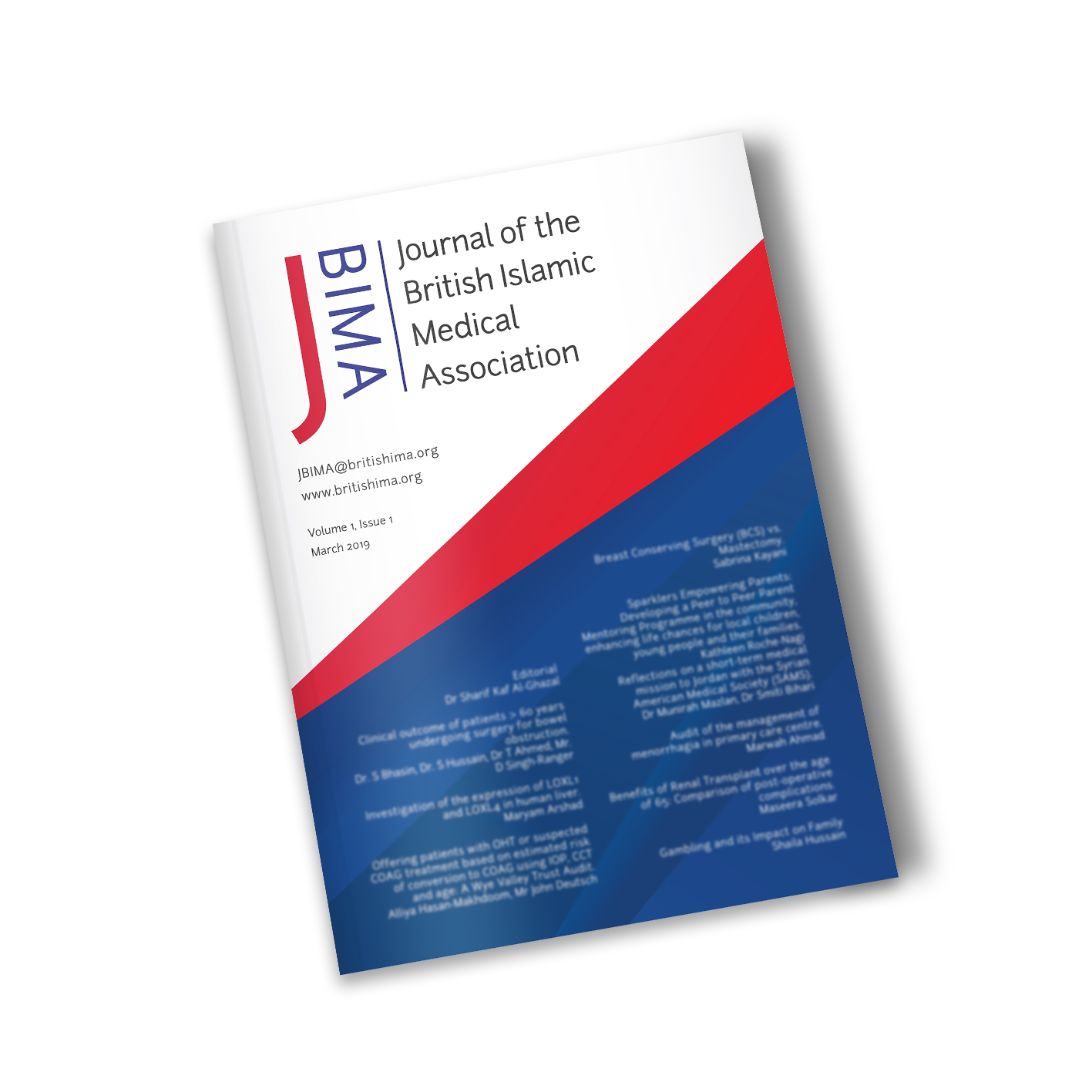
On the 29th November 2024, the United Kingdom Houses
of Parliament passed the 2nd reading of the Terminally Ill
Adults (End of Life) Bill (1) – a vital point in the
parliamentary process (Fig. 1) to legalise Assisted Dying
(Assisted Suicide) in the UK. Proponents of the bill
centred emotionally laden arguments on freedom of
choice, autonomy, and the relief of suffering deemed to
occur despite the best palliative care possible, and
reiterated the robustness of safeguards proposed in the
bill. Opponents of the bill indicated an illusion of choice
presented by the bill – the safeguards would be
insufficient in preventing future deaths due to implicit
coercion, and structural pressure due to crisis in
healthcare, social care and palliative care provision –
rendering it easier to access state-assisted suicide than the
necessary care to improve quality of life for the dying.
The inequity in access and quality of pain management
and palliative care, particularly for the marginalised,
poor, disabled, and ethnic minorities, was encapsulated
by the powerful speech delivered by MP Florence
Eshalomi where she declared “we should be helping
people to live comfortable pain-free lives on their own
terms, before we think about making it easier for them to
die.”
During the lead-up to the 2nd reading, the British Islamic
Medical Association advocacy group sought to raise
awareness of the proposed assisted dying legislation in
UK jurisdictions. This has included developing a website
(2) replete with information resources on assisted dying
for Muslim healthcare professionals and Muslim
communities, an updated position statement, information
webinars, and surveying Muslim healthcare professionals
to gather a sense of how strong opposition to assisted
dying would be alongside the specific concerns of
healthcare professionals. The survey findings showed a
clear strong opposition to assisted dying, based on
principle, and practical and ethical concerns. A social
media campaign was also held in the weeks preceding the
bill reading, to educate and encourage communities to
engage with their parliamentary representatives on the
issue.
Whilst the bill passed by a sizeable majority (330 in
favour, 275 against), there was a noticeable division
based on the demographic and economic profile of
constituencies, with one commentator questioning
whether “assisted suicide was preferred by well-off
liberal MPs who think abuse couldn’t possibly happen to
them.” The Islamic theological and jurisprudential
positions on physician-assisted suicide have been stated
clearly and unambiguously (3). It is a complex social
phenomenon, requiring a response which addresses
spiritual and ideological concerns underpinning the
desire to pre-emptively terminate life, in the face of
anticipated or actual end-of-life suffering.
Doubt remains as to whether there will be adequate
scrutiny in the next phase of Committee stage to resolve
the flaws in the bill, and render it safe for enactment. It
also remains to be seen whether the recognition that
palliative care must be improved in the UK will translate
to increased funding and service protection. Moving
forwards, more Muslim healthcare professionals must
engage with assisted dying legislation, commit time to
understanding the details especially the meaning of
different terminology, and advocate for their patients,
communities and broader society. Such legislation has
far-reaching impacts for clinical practice, medical
mistrust, and health inequities, and how society views the
lives of the vulnerable and dying.
References
- https://bills.parliament.uk/bills/3774
- https://britishima.org/work/assisted-dying/
- https://www.jbima.com/article/assisted-dying-islamic-perspective/

